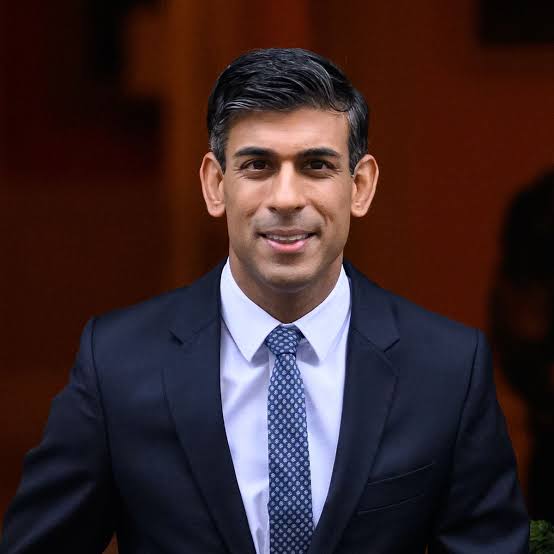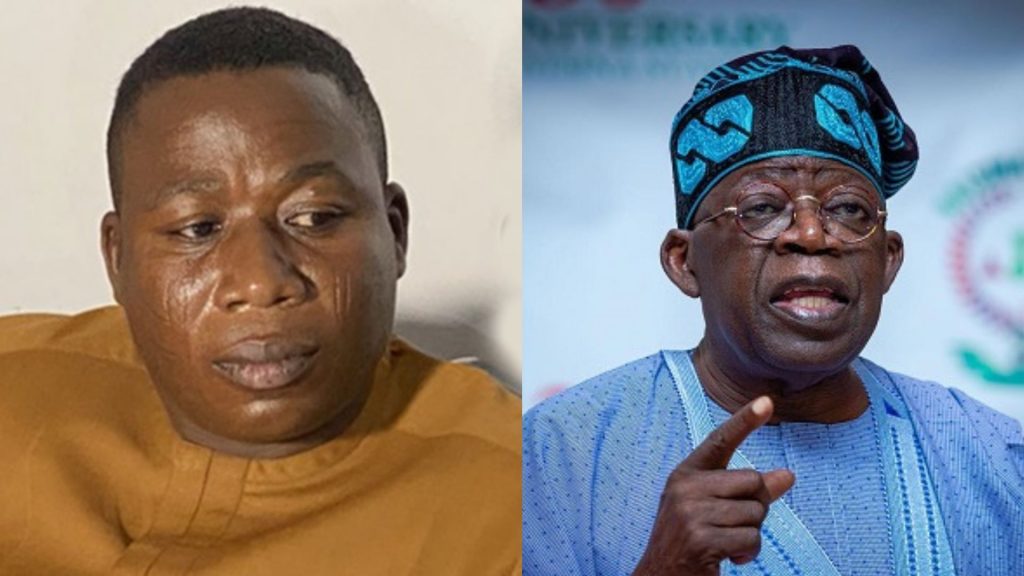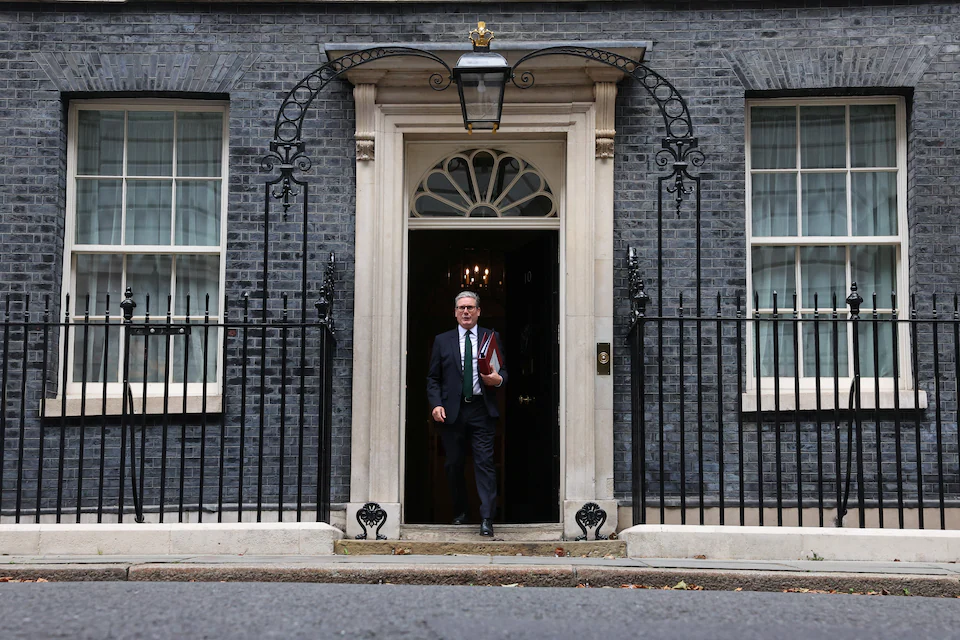International
UK: Rishi Sunak To Increase Military Funding

-
Defence spending will rise by nearly £5bn over the next two years
-
Mr Sunak was speaking in California, where he held talks with his US and Australian counterparts
-
They were fine tuning the details of a UK-US pact to supply Australia with nuclear-powered submarines
Eko Hot Blog reports that China “represents a challenge to the world order” which the UK must take seriously, Rishi Sunak has said.
EDITOR’S PICKS
-
Weekly Gist With Annie: My Love-hate Experience At NYSC Camp
-
India: Disruption Arises During G20 Peace Talk
-
Japan: Controversies Rise Over PM’s LGBTQ Comments
The prime minister told the BBC he was increasing funding for the armed forces because “the world has become more volatile” and “threats to our security have increased”.
Defence spending will rise by nearly £5bn over the next two years.
But No 10 has given no timeframe for a longer term ambition to boost spending to 2.5% of national income.
Mr Sunak was speaking in California, where he held talks with his US and Australian counterparts to agree details of a UK-US pact to supply Australia with nuclear-powered submarines.
The agreement, known as the Aukus pact, was signed in 2021 as part of a joint effort to counter Chinese military power in the Indo-Pacific region.
Mr Sunak said in a press conference to mark the pact that the Aukus partnership would deliver “one of the most advanced” submarines “the world has ever known”, creating thousands of jobs in British shipyards.
The new SSN-Aukus submarines will also be used by the UK, and will be in operation for the Royal Navy by the late 2030s under the plan.
The boats will replace the UK’s seven Astute-class subs.
The UK’s submarines will mainly be built by BAE Systems at Barrow-in-Furness, Cumbria, and Rolls-Royce, with the US sharing sensitive technology for the project.
Australia’s boats will be built in South Australia, using some components manufactured in the UK, and will be in service in the early 2040s.
Mr Sunak said: “The Aukus partnership, and the submarines we are building in British shipyards, are a tangible demonstration of our commitment to global security.”
“This partnership was founded on the bedrock of our shared values and resolute focus on upholding stability in the Indo-Pacific and beyond.”
Earlier, in an interview with the BBC’s Chris Mason, Mr Sunak said: “China is a country with fundamentally different values to ours and it represents a challenge to the world order.
“And that’s why it’s right that we are alert to that and take steps to protect ourselves… stand up for our values and protect our interests.”
He said the government took the “challenge” posed by China seriously, adding that the UK had taken action including blocking Chinese investment in sensitive sectors like semiconductors.
Pressed on whether the ambition to increase defence spending to 2.5% of national income was meaningless without a timeframe, the prime minister said the government should be judged “on our actions”.
As chancellor, Mr Sunak said he had overseen the largest uplift in defence spending since the end of the Cold War and the government had increased spending every year since then.
“We’re one of the largest spenders on defence anywhere in the world, the largest in Europe, and that will continue to remain the case,” he added.
However, Labour pointed out that defence spending had not hit 2.5% of GDP since it left government in 2010. The UK currently aims to spend 2% of GDP on defence each year, latest figures show.
Shadow foreign secretary David Lammy described the ambition as “another hollow promise”, with “no plan and no timetable”.
Some Tory MPs have also expressed concern about the level of investment in the armed forces.
Tobias Ellwood, who is chairman of the Commons Defence Committee, said the UK was on a “peacetime budget” as the world was “sliding towards a new Cold War”.
While Defence Secretary Ben Wallace has publicly welcomed the extra £5bn announced by the prime minister, he had been hoping for considerably more.
There had been reports – denied by Mr Wallace – that he had threatened to resign if he did not get a commitment to increase defence spending to 3% of GDP by 2030.
FURTHER READING
-
US: Winter Storm Surges In California
-
Greece: Death Toll Rises From Train Crash
-
Everything You Need To Know About Alex Murdaugh Murder Trial
Mr Wallace told the Commons he was “not interested” in resigning, although he added that he was worried about the increased threats facing the UK and long-term investment was needed.
Source: BBC
Click to watch our video of the week:
Advertise or Publish a Story on EkoHot Blog:
Kindly contact us at [email protected]. Breaking stories should be sent to the above email and substantiated with pictorial evidence.
Citizen journalists will receive a token as data incentive.
Call or Whatsapp: 0803 561 7233, 0703 414 5611













